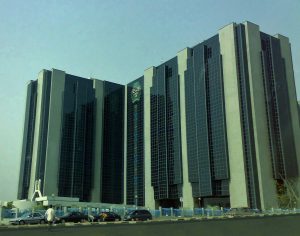
By David Akinmola
Nigeria’s foreign exchange reserves have climbed to $42.03 billion, their highest level in six years, bolstered by stronger oil earnings, improved foreign inflows, and recent monetary policy adjustments.
Data from the Central Bank of Nigeria (CBN) revealed that the reserves, which stood at $38.6 billion at the beginning of 2025, surged on the back of sustained crude oil production recovery and rising global oil prices averaging $88 per barrel during the review period. The reserves last touched this level in mid-2019.
Analysts say the milestone provides much-needed support for the naira, which has faced bouts of volatility in recent months despite the apex bank’s interventions in the official window. They noted that higher reserves strengthen Nigeria’s ability to defend its currency, meet external obligations, and attract portfolio inflows.
“The jump in reserves reflects the positive impact of oil sector reforms and tighter monetary policies,” said a research note from a Lagos-based investment firm. “It also signals renewed confidence from foreign investors as FX liquidity conditions improve.”
The reserves boost comes as the CBN intensifies efforts to stabilise the foreign exchange market, curbing speculation and narrowing the gap between the official and parallel market rates. Market operators believe that sustained inflows, particularly from non-oil exports and diaspora remittances, will be vital in maintaining the upward trajectory.
Despite the gains, economists warn that Nigeria’s external buffers remain vulnerable to oil price swings and global economic uncertainty. They emphasised the need to diversify FX sources through manufacturing and service exports to reduce overdependence on oil revenue.
With reserves at a 72-month high, the federal government is expected to leverage the stronger external position to boost investor confidence and create fiscal space as it pursues its $1 trillion economy target.





